The work is based on more than 350 varieties from 24 countries of the Mediterranean basin
The tests are being conducted in Spain and Turkey, using aerial images obtained from thermal and multispectral cameras
Tuesday, July 3, 2018
As a consequence of the climate change drought conditions are expected to worsen in a near future with warmer temperatures, causing increased crop evapotranspiration, and lower and more erratic water availability affecting the major wheat producing areas, including the Mediterranean Basin.
Researchers from IRTA’s Sustainable Field Crops programme are conducting a project to provide useful tools for the development of the next generation of
wheat cultivars resilient to the increased drought expected in the next decades in the Mediterranean Basin, as consequence of climate change, and with a high quality grain matching the industry requirements.
The study uses both commercial cultivars and Mediterranean landraces. The origin of wheat is estimated around 10.000 years ago in the Fertile Crescent region, spreading to the west of the Mediterranean Basin and reaching the Iberian Peninsula around 7.000 years ago. During this migration process, both natural and human selection occurred resulting in the development of local landraces considered to be very well adapted to the regions where they were grown, and containing the largest genetic diversity within the species. The commercial cultivars corresponded to 184 cultivars developed from several public and private breeding programmes from the Mediterranean basin and international research centres as CIMMYT and ICARDA.
Remote sensing technology and precision agriculture: thermal and multispectral aerial images
During the selection process different traits are studied as the yield and its components (number of spikes per plant, number of grains per spike and
grain weight), the phenology (early and late flowering cultivars) and traits related to drought stress.
The experimental fields are located in Lleida (Spain) and Konya and Diyarbakir (Turkey), under rainfed conditions. The results will allow to identify the most resilient cultivars to drought and the associated physiological traits. Among them the drought stress indexes obtained from thermal and multispectral cameras using drone platforms, which will allow to predict which varieties will be more productive under the scarcity of water resources.
At the same time, the 354 varieties were genotyped using molecular markers that will be used to identify those linked to the traits of interest and the genes controlling them. These markers will be also used to increase the selection efficiency, by identifying in the laboratory by marker assisted selection the progenies carrying the desired genes, without field evaluation and thus being able to advance more than one generation per year reducing the time required to obtain an improved cultivar.
The project, entitled “Tools for marker assisted selection towards wheat resilience to climate change, and industrial quality in national and international breeding programs”, is funded by the Ministry of Economy and Competitiveness (MINECO), will last for 4 years and also involves CIMMYT-Turkey.
ABOUT IRTA
IRTA is a research institute devoted to R+D+I in a variety of agri-food areas, such as plant production, animal production, food industries, environment and global change, and agri-food economy. The transfer of scientific advances contribute to the modernization, competitiveness and sustainable development of agriculture, food and aquaculture sectors, the supply of healthy and quality foods for consumers and, consequently, improving the welfare of the population. IRTA is related to the Departament d’Agricultura Ramaderia Pesca i Alimentació (DARP, Department of Agriculture) of the Generalitat de Catalunya (Government of Catalonia).






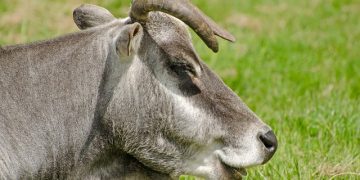


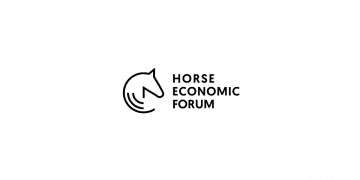











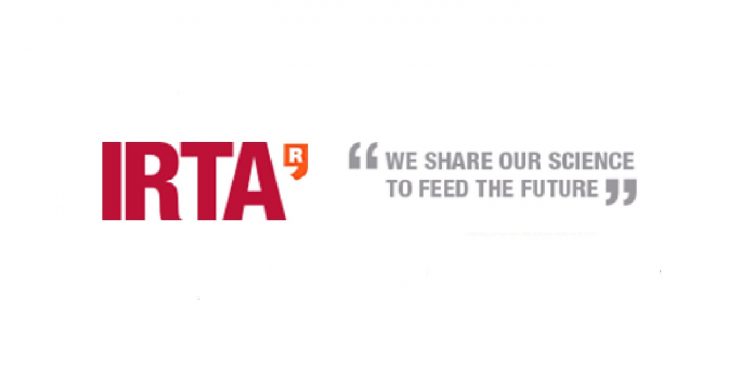
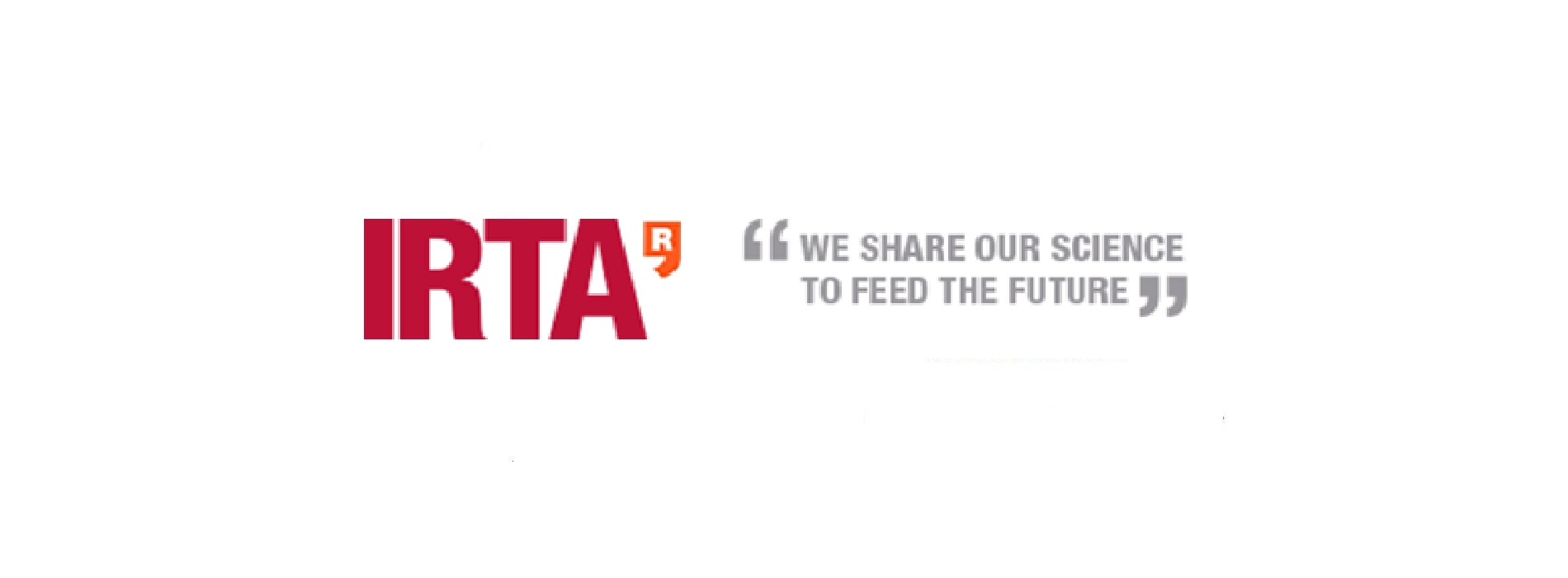
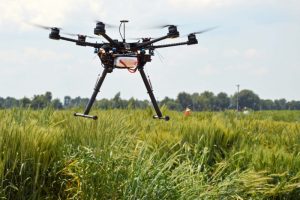
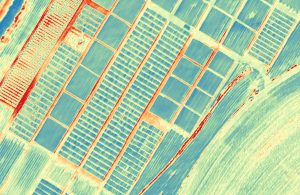
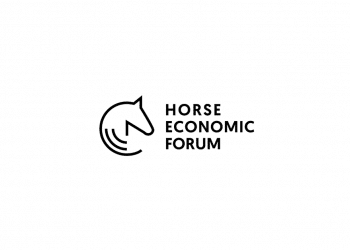

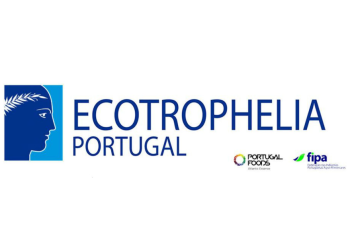






























Discussão sobre este post